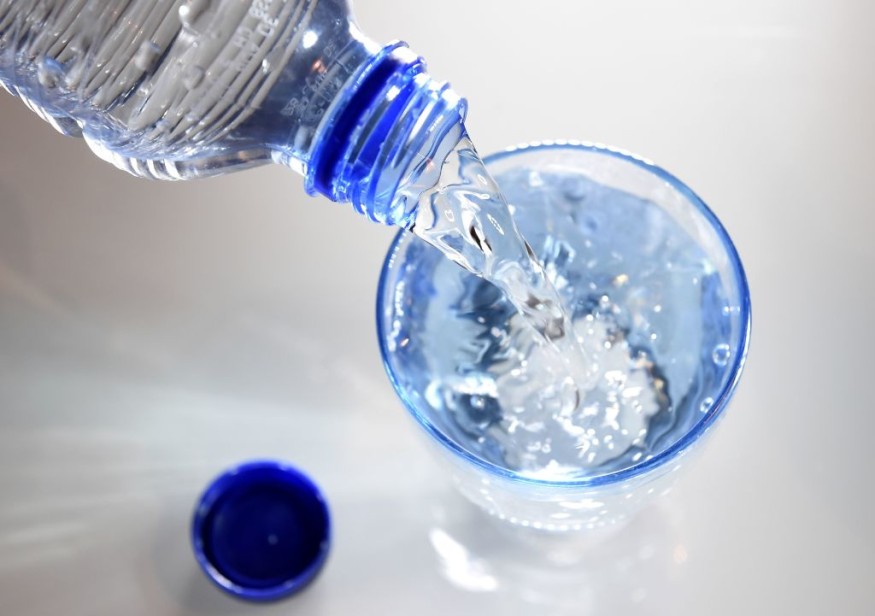
According to experts, the secret to living longer and improving quality of life is by taking care of your heart. In the United States, many middle-aged adults live longer even with health conditions by "staying hydrated".
Congestive heart failure occurs when the heart muscle doesn't pump blood as well as it should - according to Mayo Clinic. Certain heart conditions such as narrowed arteries gradually weaken the heart and stiffens blood pumping, resulting to shortness of breath, or worse, death.
With increasing prevalence of heart failure as we age, it has also been evidenced how hydration habits lessen the risks in developing this illness as per LiveScience. A 2022 study published in the European Heart Journal analyzed and examined data of hydration levels of more than 11,000 adults ages 45 to 66, and followed them up for 25 years. Researchers evaluated the levels of sodium in the participants' blood, also known as serum sodium as a measure of hydration habits with risk of developing heart failure.
Chances of Developing Heart Failure
According to study lead author Natalia Dmitrieva, a researcher in the Laboratory of Cardiovascular Regenerative Medicine at the National Heart, Lung, and Blood Institute (NHLBI), the normal range for serum sodium is 135 to 146 millimoles per liter (mmol/L), "although values at the higher end of this range would trigger a person's body to start to conserve water."
Subsequently, people with serum sodium levels on the high end of the normal range (above 143 mmol/L) had a 39% increased risk of developing heart failure over the intervening 25 years than those who had lower serum sodium levels - where every 1 mmol/L increase within the normal range is equivalent to increased chances of developing heart failure by 5%.
Also read : These Countries and Cities Are at Risk of Disappearing From the Map Due to Rising Sea Levels
Fluid Fuels Numerous Bodily Functions
Taking into account other factors that cause risk of heart failure such as age, sex, body mass index, cholesterol levels, smoking status, high blood pressure, and too much salty food intake (excluding those with high blood pressure and diabetes), the study found an association between higher serum sodium levels and heart failure in a randomized controlled trial.
Drinking enough liquid can significantly improve energy levels and brain function, and maximize physical performance. More importantly, it helps the heart pump blood more easily. According to the study, in general, women drink about 6 to 8.5 cups (1.5 to 2 liters) and men drink about 8.5 to 12.5 cups (2 to 3 liters) of fluids a day.
Dr. Ragavendra Baliga, a professor of internal medicine and cardiology at The Ohio State University Wexner Medical Center, who was not involved with the study, "hydrating these patients may prevent heart failure down the road." However, these findings vary and may not necessarily apply to everyone.
Of course, factors such as exercise level and underlying medical conditions alter the equation. For instance, people who already have heart failure may have to limit their fluid intake to 8.5 cups (2 liters)/day to prevent fluid buildup in the body, "like pushing the gas and brake at the same time."
People with higher serum sodium levels can consult with their doctor about the proper fluid intake they should follow every day.
© 2026 NatureWorldNews.com All rights reserved. Do not reproduce without permission.





